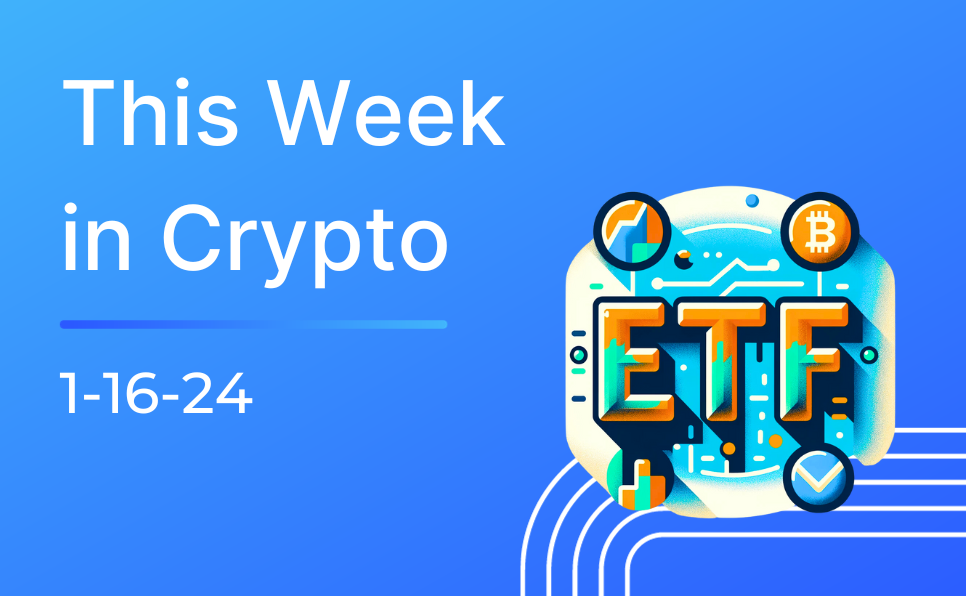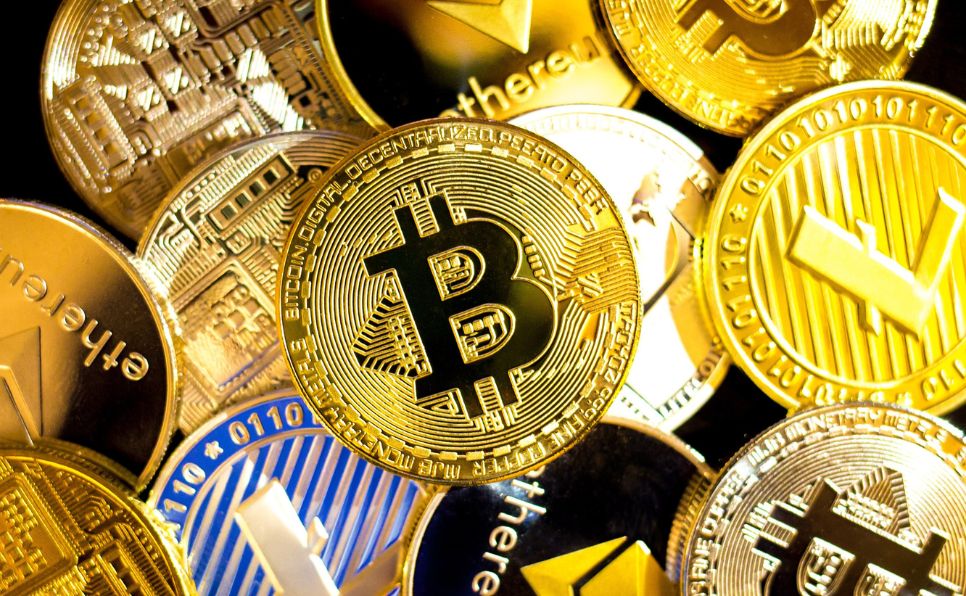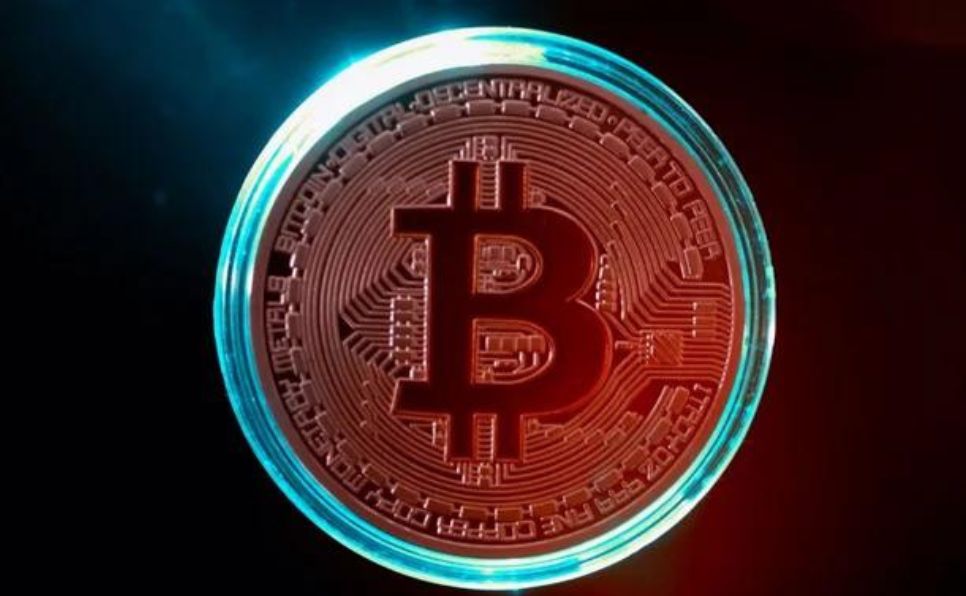Welcome to this week’s edition of This Week in Crypto, your go-to source for the latest and most significant developments in the cryptocurrency world. This week, we explore the approval of the first spot Bitcoin ETFs by the U.S. Securities and Exchange Commission – a decision that marks a new chapter in cryptocurrency investment. Next, we turn our attention to the remarkable surge in global Bitcoin adoption, with merchant listings accepting the digital currency nearly tripling in 2023. Finally, we delve into the innovative world of Bitcoin Ordinal’s latest creation – a Super Nintendo Entertainment System (SNES) emulator inscribed on a Satoshi. Join us as we unpack these pivotal developments that are shaping the future of cryptocurrency.

SEC Approves First U.S. Spot Bitcoin ETFs
The U.S. Securities and Exchange Commission (SEC) approved the first regulated spot Bitcoin exchange-traded funds (ETFs) in the United States. This historic decision comes after a decade marked by consistent rejections of similar requests. The approval represents a significant shift in the landscape for cryptocurrency investments in the U.S.
On January 10th, the SEC greenlit the applications from several notable firms, including Fidelity, BlackRock, Grayscale, Invesco Galaxy, and multiple others. This decision allows these firms to list and trade spot Bitcoin ETFs on their respective exchanges, providing investors with a regulated means of gaining direct exposure to Bitcoin’s price without purchasing the cryptocurrency directly. The approval is seen as a milestone, especially considering the long wait since the Winklevoss twins first proposed a Bitcoin ETF in 2013.
The approval of spot Bitcoin ETFs has sparked a nuanced debate within the cryptocurrency community. While the ETFs offer a streamlined path for traditional investors to engage with Bitcoin’s value, they diverge from a core principle of the cryptocurrency ethos: the direct ownership and control of one’s digital assets. This deviation raises concerns among purists who advocate for the decentralized, self-sovereign nature of Bitcoin. The controversy lies in the fact that while ETFs democratize access to Bitcoin’s price movements, they do so without granting actual ownership of the cryptocurrency, thereby straying from the foundational tenet of true possession that Bitcoin was built upon.

Global Bitcoin Merchant Listings Tripled in 2023
The global adoption of Bitcoin as a payment method saw a remarkable surge in 2023, as evidenced by data from Bitcoin merchant mapping provider BTC Map. The number of merchants worldwide accepting Bitcoin has nearly tripled over the year, signifying a significant shift in the digital asset’s mainstream acceptance. By the end of 2023, the count of restaurants, bars, shops, and services listed as accepting Bitcoin payments reached 6,126, a substantial increase from just 2,207 at the beginning of the year.
BTC Map’s findings reveal interesting geographical trends in Bitcoin adoption. The data shows notable concentrations of Bitcoin-accepting merchants in Central and South America, contrasting with fewer listings across Africa and Asia. In the United States and Europe, there is also a higher prevalence of merchants accepting the cryptocurrency. This disparity in regional adoption rates could be attributed to various factors, including economic conditions, technological infrastructure, and regulatory environments.

SNES Emulator on Bitcoin Aims to Advance Game Preservation
Developers at Ninjalerts have inscribed a Super Nintendo Entertainment System (SNES) emulator onto a satoshi, enabling classic games to be played on the Bitcoin network. This innovation, revealed by CEO Trevor Owens, took six months to achieve, aiming to preserve endangered classic video games as cultural digital artifacts on the blockchain. Owens highlighted Bitcoin as an ideal platform for such preservation, citing a study that 90% of classic games are at risk of being lost.
The project not only celebrates gaming history but also pushes the technical boundaries of Bitcoin Ordinals projects, challenging similar feats on networks like Ethereum. This significant step in Bitcoin’s capability was detailed in an 88-page GitBook, including images and code. Community reaction is mixed; while some applaud the creativity and advancement of Ordinals, others raise concerns about the legality of inscribing copyrighted games onto the Bitcoin network.




